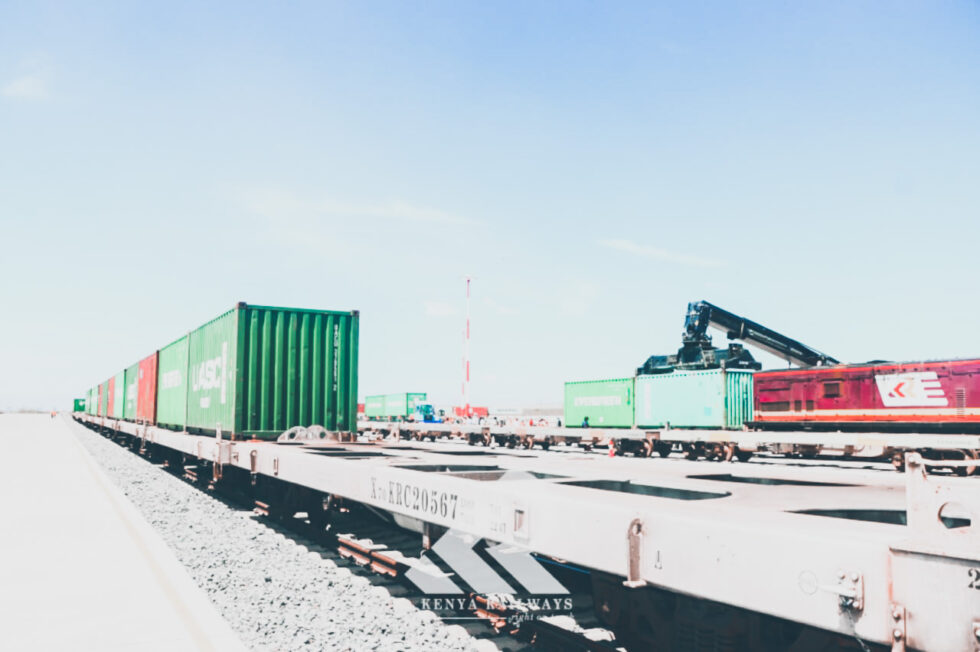Kenya’s current account deficit narrowed by 39.0% to Kshs 84.9 billion in Q1’2023 from Kshs 139.3 billion recorded in Q1’2022.
The narrowing during the quarter was driven by a contraction of the merchandise trade account deficit, an improvement in the services trade balance, and an improvement in the secondary income balance.
“The narrowing of the current account balance by 39.0% in Q1’2023 to a deficit of Kshs 84.9 from a deficit of Kshs 139.3 in Q1’2022 was not sufficient to offset the reversal of the financial account balance from a surplus of Kshs 82.9 bn in Q1’2022 to a deficit of Kshs 111.1 billion in Q1’2023, hence resulting in the overall deterioration of the balance of payment,” Cytonn Investments commentary after the Kenyan National Bureau of Statistics released the Q1’2023 Quarterly Balance of Payment Report.
Breakdown of the various balance of payments components, comparing Q1’2023 and Q1’2022:
| Cytonn Report: Quarterly Balance of Payment | |||||
| Item | Q4’2021 | Q4’2022 | Q1’2022 | Q1’2023 | Y/Y % Change |
| Current Account Balance | (130.0) | (122.5) | (139.3) | (84.9) | (39.0%) |
| Capital Account Balance | 2.2 | 3.7 | 7.4 | 6.9 | (5.9%) |
| Financial Account Balance | 83.5 | 37.0 | 82.9 | (111.1) | (234.0%) |
| Net Errors and Omissions | 9.3 | 52.7 | (71.6) | 61.2 | (185.5%) |
| Balance of Payments | (35.0) | (29.1) | (120.6) | (127.8) | 6.0% |
All values in Kshs bns
| Current Account Balance | |||||
| Item | Q4’2021 | Q4’2022 | Q1’2022 | Q1’2023 | Y/Y % Change |
| Merchandise Trade Balance | (338.1) | (312.5) | (328.1) | (303.6) | (7.5%) |
| Services Trade Balance | 67.3 | 20.4 | 49.3 | 56.0 | 13.6% |
| Primary Income Balance | (43.9) | (45.7) | (44.6) | (56.8) | 27.3% |
| Secondary Income (transfer) Balance | 184.7 | 215.4 | 184.1 | 219.54 | 19.2% |
| Current Account Balance | (130.0) | (122.5) | (139.3) | (84.9) | (39.0%) |
All values in Kshs bns. Source Cytonn Investments
The deterioration in the balance of payments performance is mainly due to the reversal of the financial account balance from a surplus to a deficit driven by rising debt servicing costs and the continued depreciation of Kenya shilling against the US dollar.
However, the current administration’s focus on fiscal consolidation and the introduction of a fertilizer subsidy program is expected to improve the balance of payments performance.
“However, we expect that the current administration’s focus on fiscal consolidation will improve the balance of payments performance by minimizing the costs of servicing external debts through the adjustment of the public debt mix in the FY 2023/24 budget to comprise 18.3% foreign debt and 81.7% domestic debt, from 48.0% foreign financing and 52.0% domestic financing in FY’2022/23,” states Cytonn Investments.
Multilateral trade partnership deals such as the Kenya-EU Trade Deal and the Tripartite Agreement between the EAC, SADC, and COMESA are also expected to help stabilize the balance of payments by increasing the volume of exports demanded and providing export markets for them.




